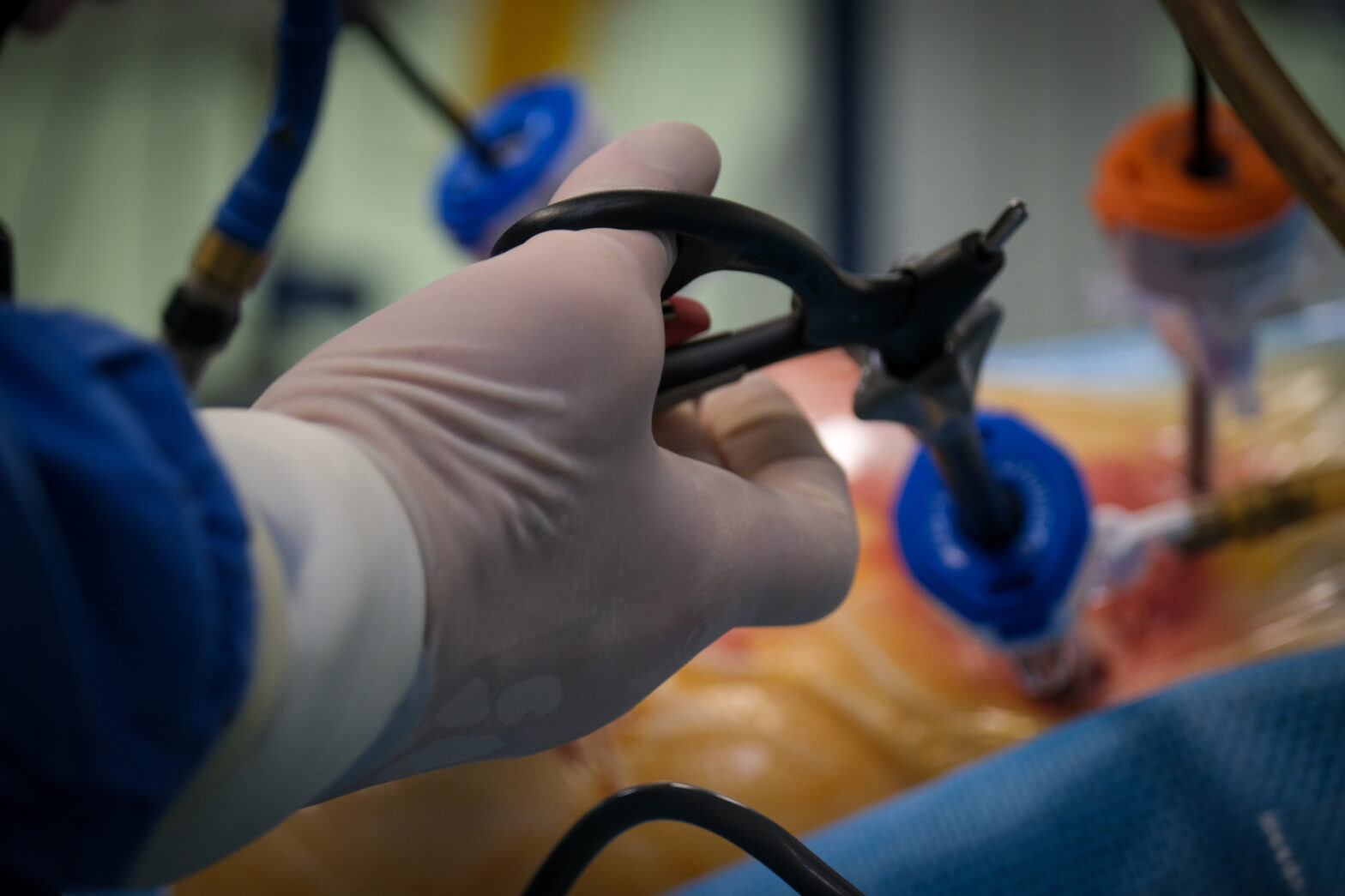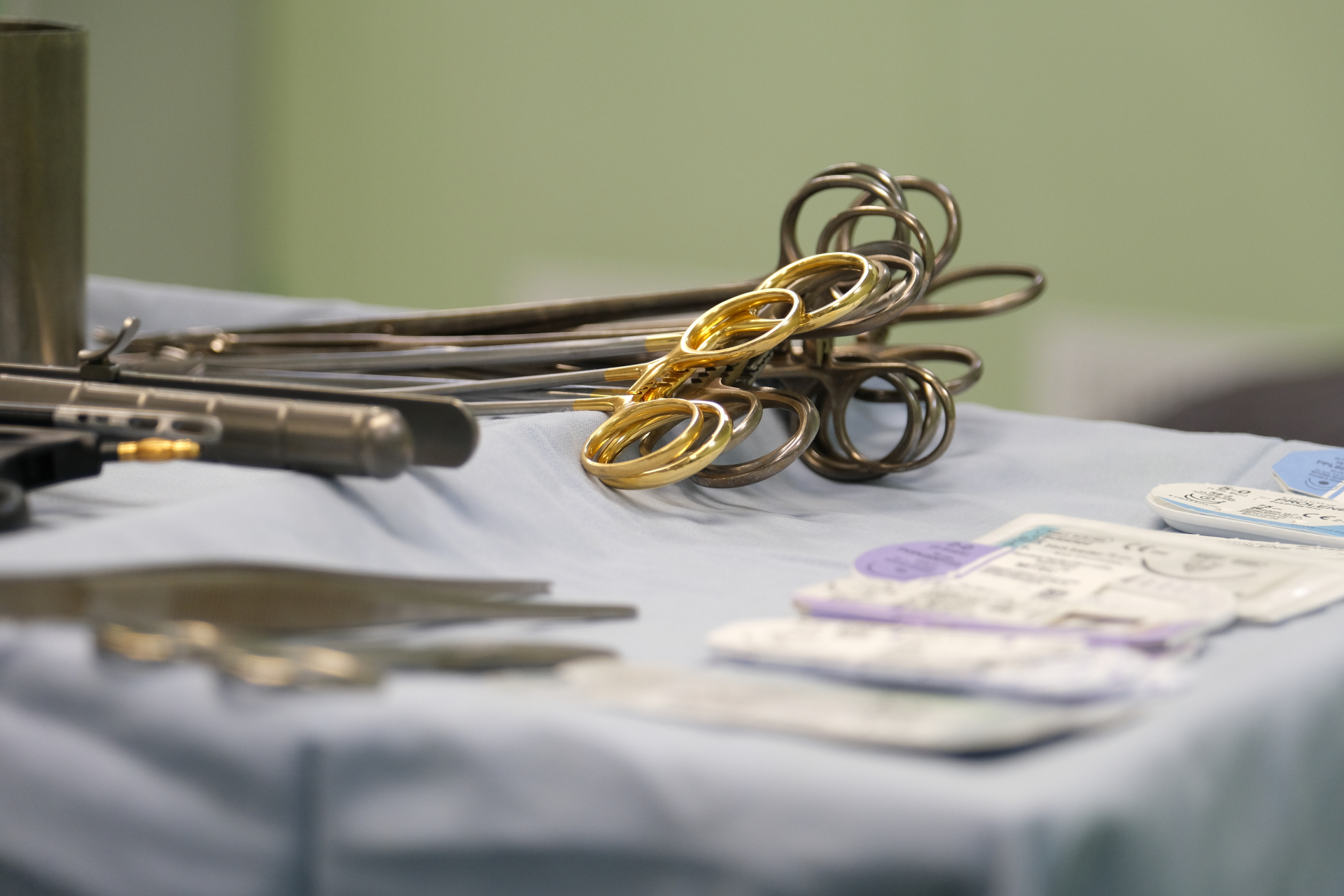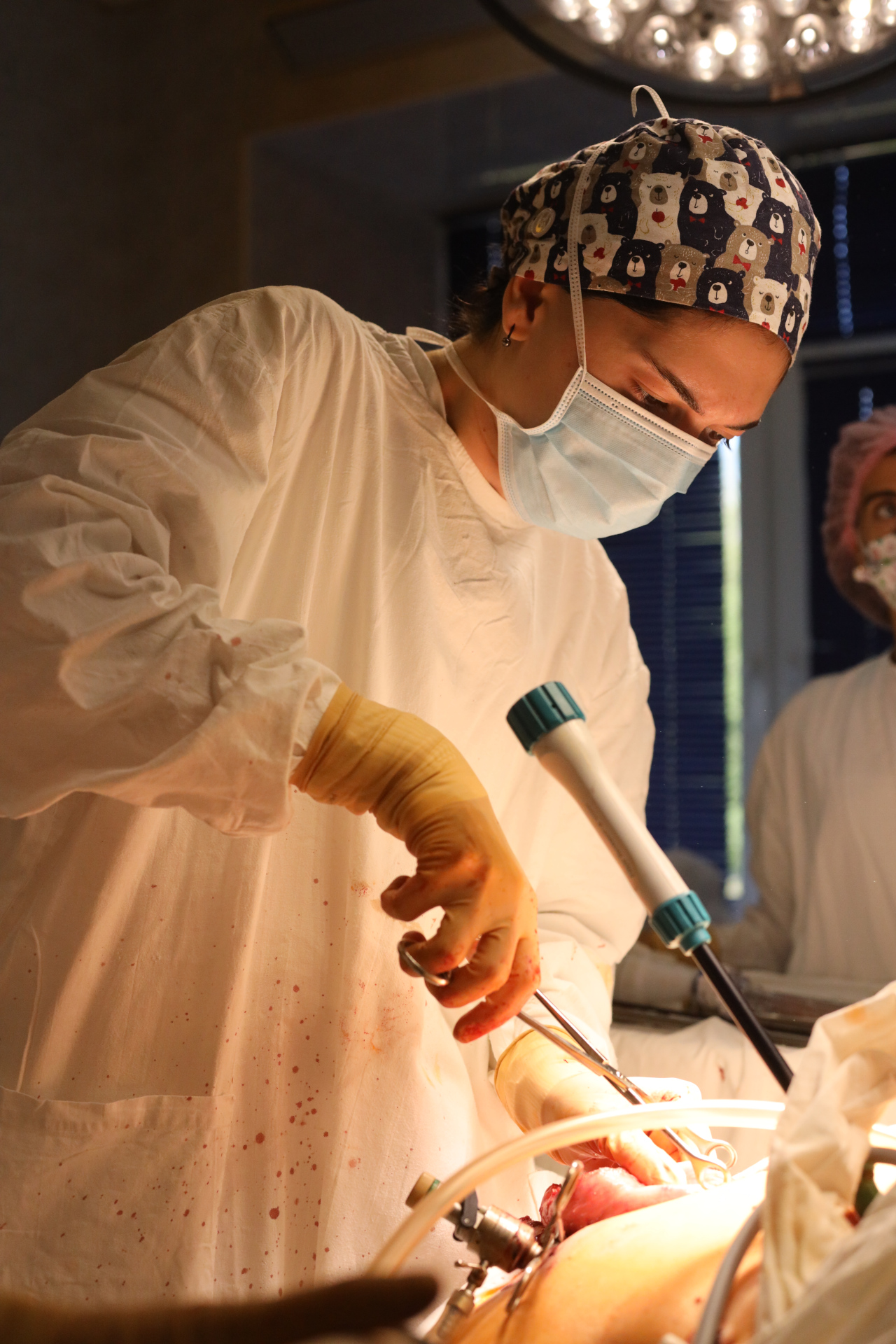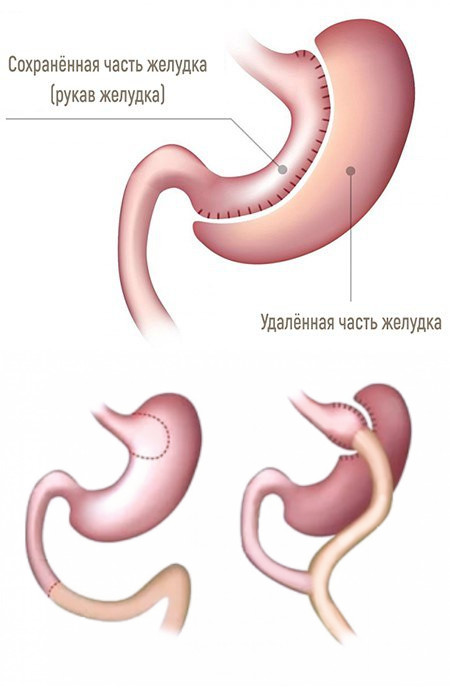
Bariatric surgery (weight loss surgery)
Weight loss surgeries, collectively known as bariatric surgery, are surgical changes to your digestive system to help you lose weight. They are performed when conservative weight loss methods (diet/diet adjustments, exercise) have failed. Or when the patient has already developed weight-related health problems.
Who is bariatric surgery suitable for?
- Your body mass index (BMI) is over 40;
- Your BMI is over 35 and you have comorbidities associated with excess weight (diabetes, high blood pressure, high cholesterol, high lipoproteins in the blood, joint problems);
- You have previously tried to lose weight many times through dietary restrictions and conservative therapy aimed at weight loss.
What can bariatric surgery give you according to current research?
- Most patients lose weight quickly and continue to do so for 18 to 24 months after surgery;
- Patients can lose 30 to 50 percent of their excess weight within the first six months and 77 percent of their excess weight within 12 months after surgery;
- Patients are able to maintain 60 percent of their excess weight loss 10-14 years after surgery;
- Most patients with type 2 diabetes mellitus demonstrate excellent resolution of their diabetic condition to the point that they require little or no further treatment;
- Bariatric surgery is effective in improving and controlling many obesity-related health conditions such as back pain, sleep apnea, high blood pressure, diabetes and depression, helps reduce the risks of cancer.
Scopes of interventions performed
- Laparoscopic longitudinal gastrectomy (sleeve gastrectomy)
- Laparoscopic Roux-en-Y gastric bypass
- Laparoscopic mini gastric bypass (gastric bypass with one anastomosis)
- Repeat bariatric surgeries
- Intragastric balloon insertion
Postoperative period
Patients spend 1-3 days in the hospital. After discharge, patients are immediately able to perform their usual household activities. Most patients return to work 10-14 days after the surgery.
Obligatory postoperative examinations by a bariatric surgeon and endocrinologist take place 3, 6 and 12 months after the surgery.





